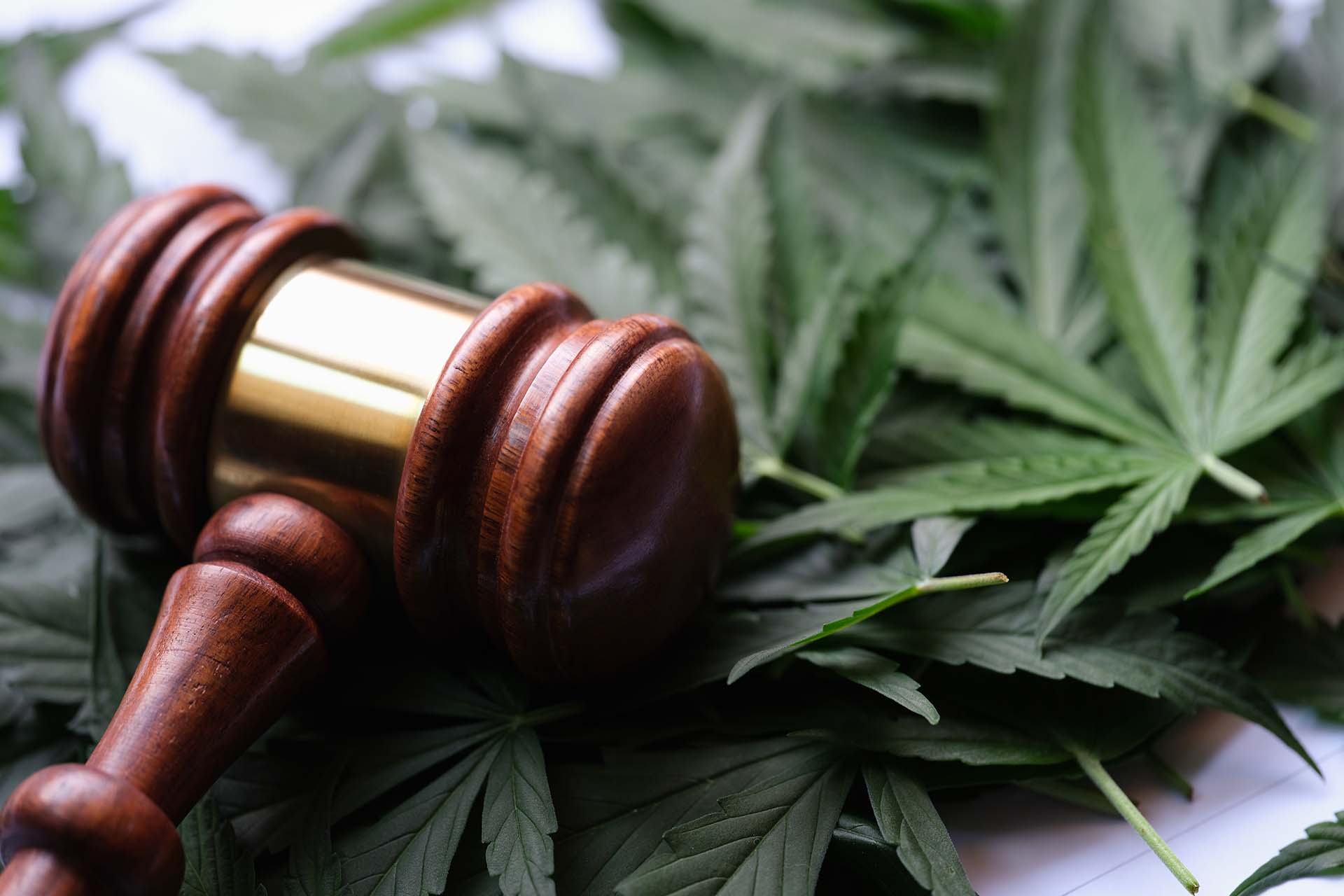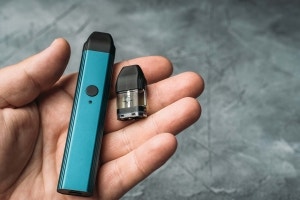Where Is CBD Legal? A Global Overview of Worldwide Laws
Is CBD legal in your country?

As CBD continues to gain popularity for its wellness benefits, many are left wondering one crucial thing—is it legal where I live? The legality of CBD is anything but straightforward, thanks to varying laws across the globe. This post aims to unpack the complexities of CBD legality, highlighting which countries fully permit it, which impose strict regulations, and what factors influence these laws. By the end, you'll have a clearer understanding of where CBD stands globally and how to stay compliant.
What is CBD and Why is It Popular?
CBD, short for cannabidiol, is a non-psychoactive compound derived mainly from the hemp plant. Unlike THC (tetrahydrocannabinol), CBD doesn’t create a “high,” making it a popular choice for those seeking natural relief from issues such as stress, anxiety, pain, and sleep disorders. Thanks to this reputation, CBD is gaining significant traction in the wellness space, appearing in oils, creams, gummies, and even pet products.
Despite its benefits, the legal status of CBD remains murky due to its link to cannabis, which is tightly controlled in most parts of the world.
Global Overview of CBD Legality
Here's an overview of CBD's legal status on a continent-by-continent basis.
Europe
Europe has some of the most inclusive CBD policies globally, largely influenced by the European Union’s (EU) stance. Within the EU, CBD isn’t considered a narcotic, and many member states allow its sale and use. However, each country sets its own THC limits and regulations for CBD products.
• Countries with THC caps under 0.2%-0.3%: Italy, France, and Germany allow CBD as long as THC content remains within these limits.
• Notable exceptions: Countries like Albania, Belarus, and Andorra ban CBD entirely.
Additionally, some nations place unique restrictions on how CBD can be sold or consumed. For example, the UK requires CBD products to be THC-free and classified as a “novel food,” requiring approval from regulatory authorities.
North America
CBD laws in North America vary significantly by country and even within certain regions.
• USA: Hemp-derived CBD is federally legal (containing less than 0.3% THC), but some states, like Idaho and South Dakota, impose stricter regulations.
• Canada: CBD is legal for both medical and recreational use, but strict packaging and advertising rules apply.
• Mexico: CBD with less than 1% THC is legal.
Interestingly, while major countries like the USA lead the charge in legalising CBD, smaller nations in the region—like Cuba and Haiti—maintain outright bans.
South America
Many South American countries have embraced CBD for its medical benefits.
• Uruguay: A pioneer in cannabis regulation, Uruguay offers full legality for both medical and recreational use of CBD.
• Brazil & Argentina: These nations permit CBD strictly for medical applications, such as treating epilepsy.
That said, countries like Venezuela still prohibit all cannabis derivatives, including CBD.

Asia
CBD laws in Asia are among the strictest globally, with many countries outright banning its use and possession.
Countries with some allowances:
• Thailand permits medical use of CBD.
• Japan allows THC-free CBD.
Strict bans:
• Nations such as Singapore and Malaysia maintain severe penalties for possession and use of cannabis-derived products, including CBD.
Africa
Only a handful of African countries have legalised CBD in any form.
• South Africa allows CBD with up to 0.2% THC for personal or medical purposes.
• Morocco has legalised industrial hemp but bans personal use of CBD products.
Most other African nations follow strict prohibitions on both cannabis plants and their derivatives.
Australia & New Zealand
The two Oceania nations have similar yet distinct policies regarding CBD legality.
• Australia permits CBD for medical purposes via prescription. Rules surrounding THC content depend on regional state laws.
• New Zealand allows CBD medically, requiring a doctor’s approval and prescription.
The Middle East
CBD is heavily restricted in the Middle East, where drug laws are stringent.
• Lebanon & Israel permit medical applications of CBD, with Israel leading in cannabis-based research.
• UAE bans CBD entirely, though certain topical CBD creams have been allowed to enter the market recently.
Factors Determining CBD Legality
Several factors influence whether CBD is legal in a country.
THC Content
The primary factor determining legality is the THC percentage in CBD products. For example:
Many European nations cap THC at 0.2%-0.3%.
The USA sets its legal limit at 0.3%, while Canada permits higher percentages.
Purpose of Use
CBD may be classified and regulated differently based on its intended use (e.g., recreational vs. medical). For medical use, some nations require prescriptions or certifications from licensed professionals.
Form of CBD
Certain formats—like oils and topicals—might be legal, while edibles or vapes remain tightly regulated or banned outright.

Tips for Travelling with CBD
Planning on travelling abroad with CBD? Here’s how to ensure legal compliance during your trip:
Research Local Laws
Before packing your CBD products, always verify the local regulations of your destination country.
Stick to Low-THC Products
If THC is capped in the country you’re visiting, ensure your product complies with local limits.
Carry Documentation
For medical CBD, bring prescriptions or product certificates to prove legality.
Leave Edibles at Home
CBD edibles are banned in many regions, even where oils are permitted. Remember, travelling to regions with strict CBD bans (e.g., Singapore or UAE) is not worth the risk.
Future Trends of CBD Legality
The global view on CBD legality continues to evolve, with more countries recognising its medical and economic potential.
Decriminalisation Momentum
Many nations are reassessing their stance on cannabis, spurred by success stories in regions like North America and Europe.
Growing Medical Use
The expansion of clinical research is likely to drive medical CBD adoption in stricter regions, such as Asia and the Middle East.
International Regulations
Expect more streamlined international policies as organisations like the WHO push for clearer cannabis-related guidelines.
Staying Up-to-Date with CBD Laws
Understanding the legal landscape of CBD is vital to ensure safe and lawful use. Whether you’re enjoying CBD at home or travelling abroad, always double-check local regulations and carry certified products.
Want to stay informed about worldwide CBD trends? Subscribe to our newsletter for the latest updates and exclusive deals on premium CBD products.











